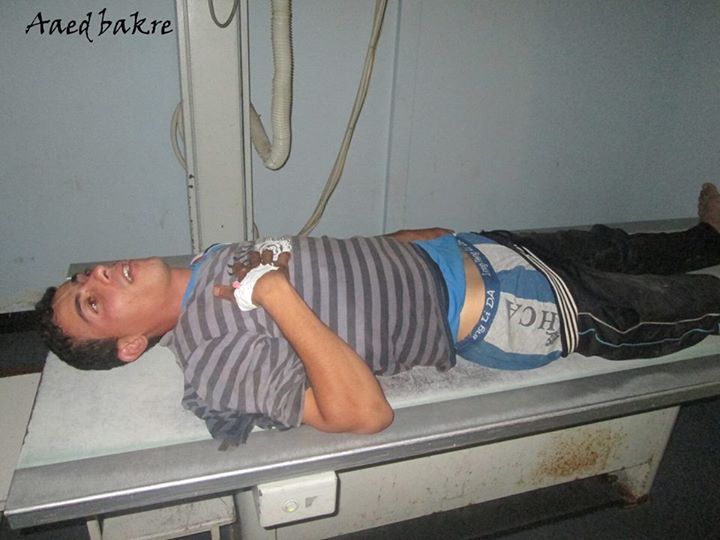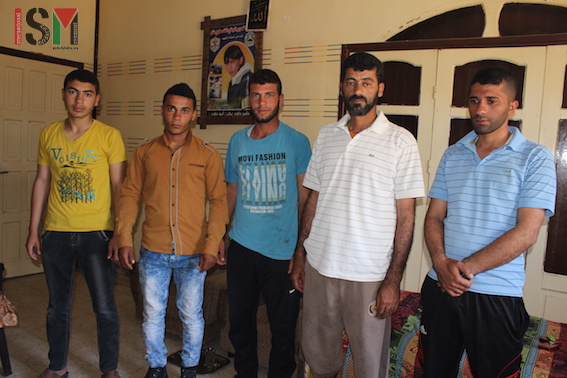Tag: Fishermen
-
Sami Ali El Goga – The Story of a Gazan Fisherman
ISM Gaza met the fisherman Sami Ali El Goga, 36, who lost his hand and part of his arm the 12th March 2007, when he was attacked by the Israeli navy. In the same attack his boat was completely destroyed and his 13-year-old nephew, who was in the boat with him, sustained shrapnel wounds throughout his body.…
-
Israeli forces continue abuses on Gaza fishermen, open fire at dawn
21st July 2015 | International Solidarity Movement, Gaza Team | Gaza, Occupied Palestine At 3:00 AM on the 21st of July 2015, Israeli forces once again opened fire on fishermen in the Gaza city area. 20 year old Ahmed Ismail al-Sharafi was shot in the right side of the back. The bullet exited very close…
-
Attacks on fishermen continue in Gaza
13th June 2015 | International Solidarity Movement, Gaza Team | Gaza, Occupied Palestine During the last weeks, the Israeli military has been shooting at the fishermen of Gaza almost daily with rubber coated steel-bullets and live ammunition. They also kidnapped 15 fishermen. Three of the injured and seven of the kidnapped belong to the Baker…



